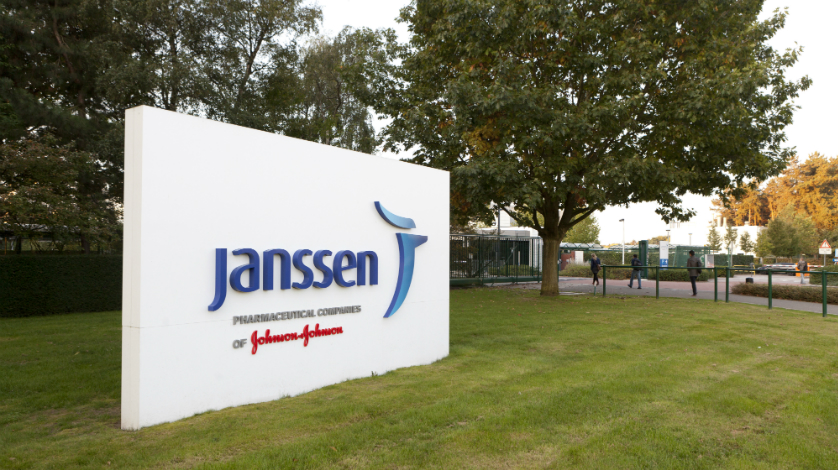J&J begins trial of two-dose COVID-19 vaccine regimen

Johnson & Johnson has begun a second phase 3 trial of its potential COVID-19 vaccine, including sites in the UK, testing whether it works as a two-dose regimen.
The company’s Janssen pharmaceuticals and vaccines unit has already begun the ENSEMBLE study testing the single-dose vaccine and plans to enrol up to 60,000 participants worldwide.
It has now begun the two-dose regimen trial ENSEMBLE 2 trial, which will run in parallel with the first ENSEMBLE and will recruit up to 30,000 people worldwide.
The company acknowledged that a single-dose vaccine with a good safety profile would have significant benefit but is assessing other dosing regimens as well to see if they work better in the long term.
ENSEMBLE 2 study is a randomised, double-blind, placebo-controlled clinical trial designed to evaluate the safety and efficacy of a two-dose vaccine regimen versus placebo in adults 18 years old and older.
Patients may or may not have stable comorbidities associated with an increased risk for severe COVID-19.
The study will assess efficacy of the investigational vaccine after both the first and second dose to evaluate protection against the virus and potential incremental benefits for duration of protection with a second dose.
Janssen is testing the vaccine in countries with high infection rates, such as Belgium, Colombia, France, Germany, the Philippines, South Africa, Spain, the United Kingdom and the United States.
In the UK, ENSEMBLE 2 is being conducted in collaboration with the UK National Institute for Health Research (NIHR).
There are 11 vaccines in late stage-development, according to the World Health Organization, including the Pfizer/BioNTech shot, which is more than 90% effective according to top-line clinical trial results announced last week.
BioNTech’s co-founder professor Ugur Sahin told the BBC’s Andrew Marr show that if it is approved by regulators, the vaccine’s impact will significantly kick in over summer, leading to resumption of normal life by next winter.












